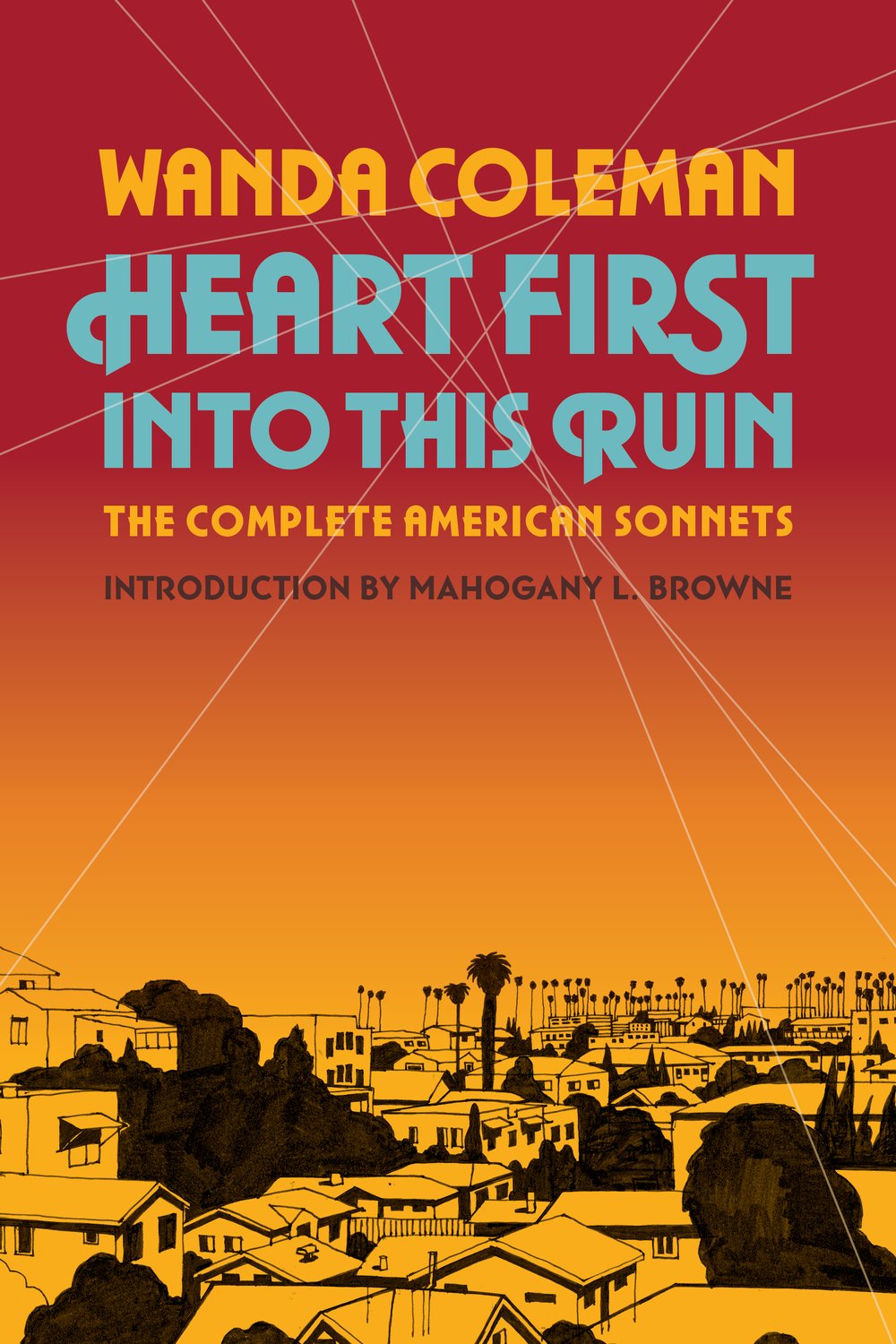Hand Dance
Her father’s fatal illness. The inner life of an urban charity hospital. “Unfinished Ghost Stories.” “American Sonnets.” “Dreams.” This is vintage Wanda Coleman, the poet of the people.
Coleman wrote as a witness. She captured her world and its truths, of life with the constants of race, fear, poverty, gender, inequality, oppression. Through it all, there is passionate love and sexuality, humor and drama — her work is full of startling confession and breathtaking power.
The Nation said of Hand Dance
: “Coleman’s poems are an act of liberation, meant to be experienced as something almost physical, like a punch or a whipping . . . she wants her language to express anger, to incite anger, and to shake all those who read it out of their complacency.”
A college dropout living in Black Los Angeles, Coleman was disregarded by the establishment during her lifetime. It’s time for her work to be discovered by readers everywhere.
Poet Terrance Hayes wrote, “Wanda Coleman was a great poet, a real in-the-flesh, flesh-eating poet who also happened to be a real black woman. Amid a life of single motherhood, multiple marriages, and multiple jobs that included waitress, medical file clerk, and screenwriter, she made poems. She denounced boredom, cowardice, the status quo. Few poets of any stripe write with as much forthrightness about poverty, about literary ambition, about depression, about our violent, fragile passions.”


